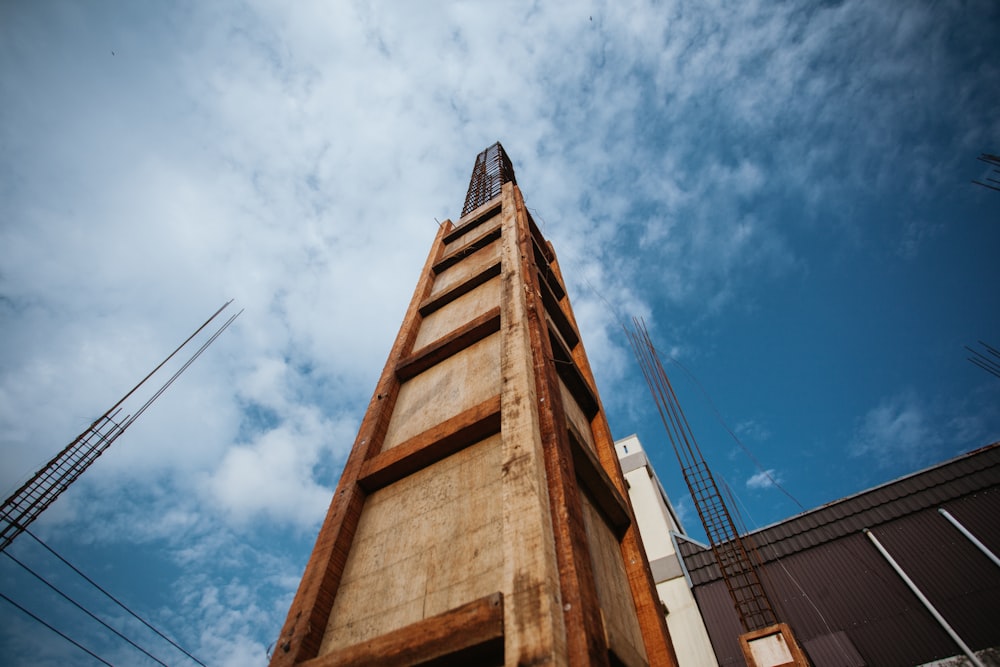Sub Heading: Introduction to Whole House Renovation Budgeting
Embarking on a whole house renovation project is an exciting endeavor, but it’s essential to approach it with careful planning and budgeting. From structural changes to cosmetic upgrades, the costs associated with renovating an entire home can add up quickly. In this article, we’ll explore key considerations for budgeting for a whole house renovation, helping homeowners navigate the process with confidence and clarity.
Sub Heading: Assessing Your Renovation Needs
Before diving into the budgeting process, it’s crucial to assess your renovation needs thoroughly. Take the time to evaluate each area of your home and identify any structural issues, outdated features, or functional deficiencies that need addressing. By understanding the scope of the renovation project upfront, you can develop a more accurate budget and avoid surprises down the line.
Sub Heading: Setting Your Budget
Once you have a clear understanding of your renovation needs, it’s time to set your budget. Consider factors such as the size and condition of your home, the extent of the renovations, and your financial resources. Be realistic about what you can afford and prioritize the areas of your home that are most in need of attention. Remember to set aside a contingency fund for unexpected expenses that may arise during the renovation process.
Sub Heading: Estimating Costs
Next, you’ll need to estimate the costs associated with each aspect of the renovation project. This includes materials, labor, permits, and any other expenses related to the work. Research prices for materials and labor in your area, and obtain quotes from multiple contractors to ensure you’re getting the best value for your money. Keep in mind that prices may vary depending on the complexity of the project and the quality of materials used.
Sub Heading: Identifying Cost-Saving Opportunities
As you develop your renovation budget, look for opportunities to save money without sacrificing quality. Consider alternative materials or finishes that offer a similar look at a lower cost, and explore DIY options for tasks that you can safely and effectively complete yourself. Be strategic about when to splurge and when to save, focusing your budget on areas that will have the most significant impact on your home’s overall aesthetics and functionality.
Sub Heading: Allocating Your Budget
Once you have a clear understanding of the costs involved, it’s time to allocate your budget accordingly. Divide your budget into categories based on the different areas of your home that require renovation, such as the kitchen, bathrooms, and living spaces. Be sure to factor in any additional expenses, such as furniture and decor, that you’ll need to complete the project fully. Allocate a portion of your budget for unexpected costs to ensure you’re prepared for any surprises that may arise.
Sub Heading: Planning for Contingencies
No matter how carefully you plan, it’s essential to expect the unexpected when budgeting for a whole house renovation. Building in a contingency fund of 10-20% of your total budget will provide a financial safety net in case of unforeseen circumstances, such as structural issues or design changes. Having this buffer in place will give you peace of mind and help prevent your project from derailing due to budget constraints.
Sub Heading: Reviewing and Revising Your Budget
Throughout the renovation process, it’s essential to review and revise your budget regularly. Keep track of your expenses as the project progresses, and compare them to your original budget to ensure you’re staying on track. If you encounter unexpected costs or changes to the scope of the project, adjust your budget accordingly to reflect these changes. Being proactive about managing your budget will help you avoid overspending and ensure the success of your whole house renovation project. Read more about whole house renovation cost










